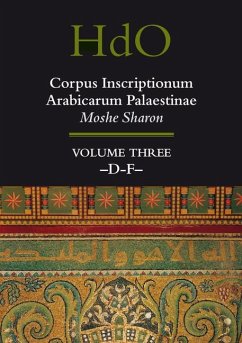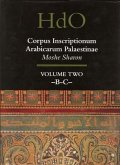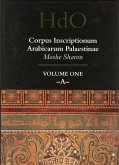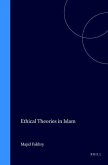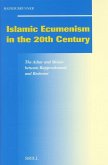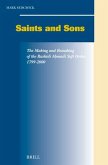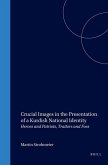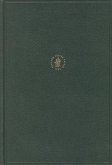The religious and strategic importance of Western Palestine in the Islamic period is clearly reflected in the hundreds of Arabic inscriptions found, the texts of which cover a variety of topics including construction, dedication, religious endowments, epitaphs, Qur'anic texts, prayers and invocations, all now assembled in this "Corpus Inscriptionum Arabicarum Palaestinae" ("CIAP"). The inscriptions are arranged according to site, and are studied in their respective topographical, historical and cultural contexts. In this way the "Corpus" offers more than a survey of inscriptions: it represents the epigraphical angle of the geographical history of the Holy Land.

